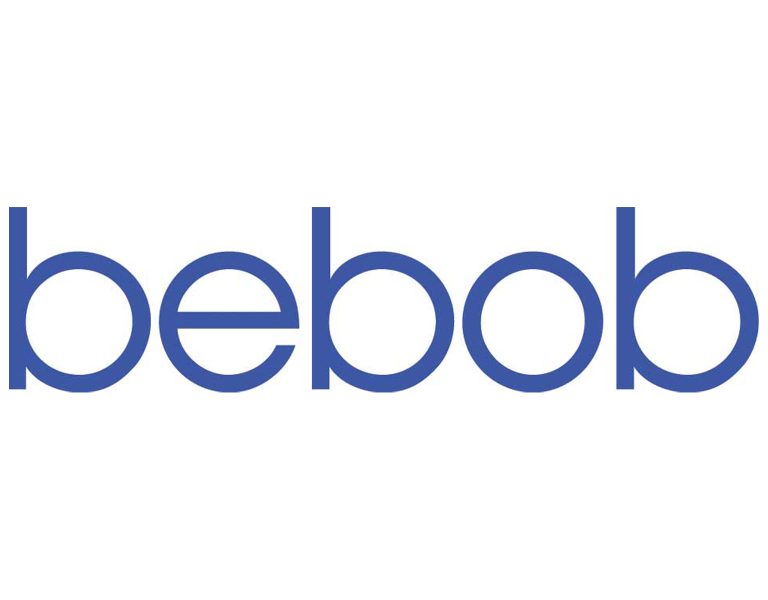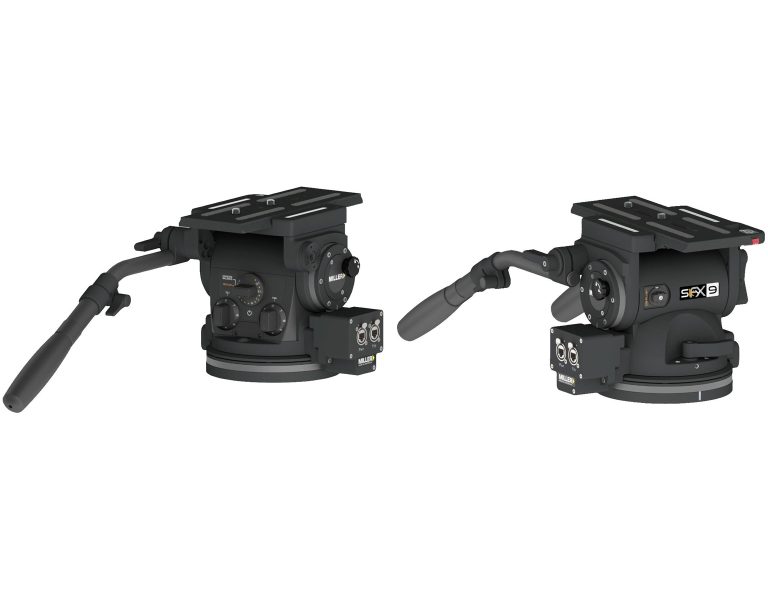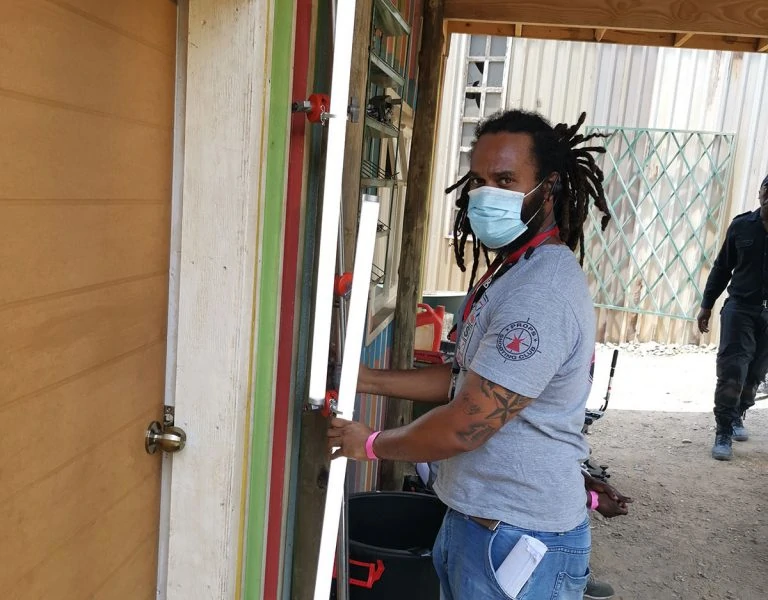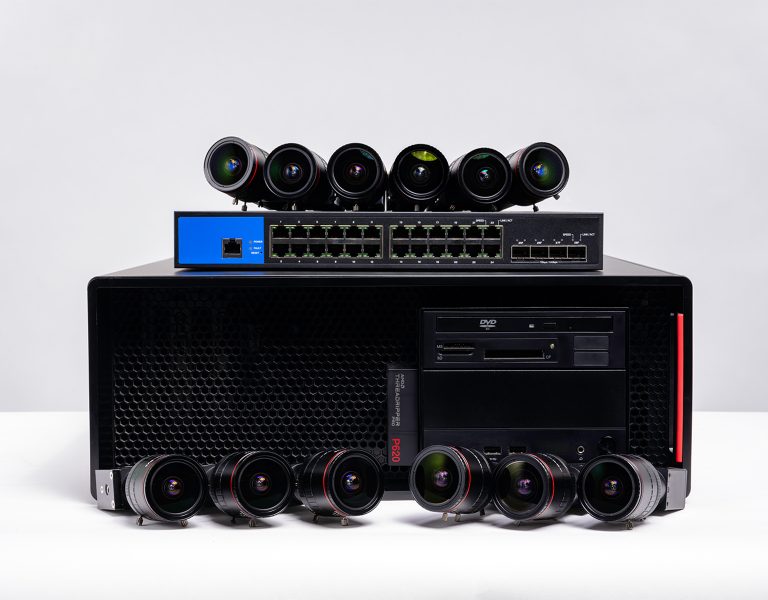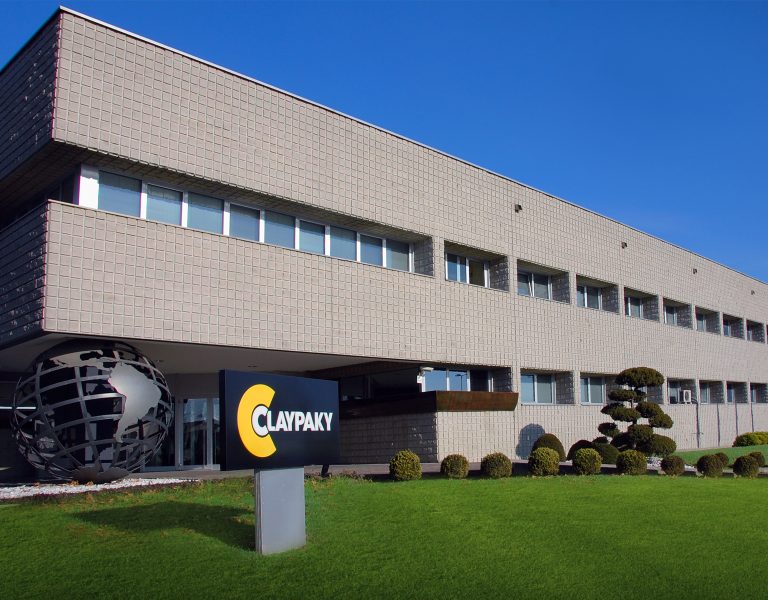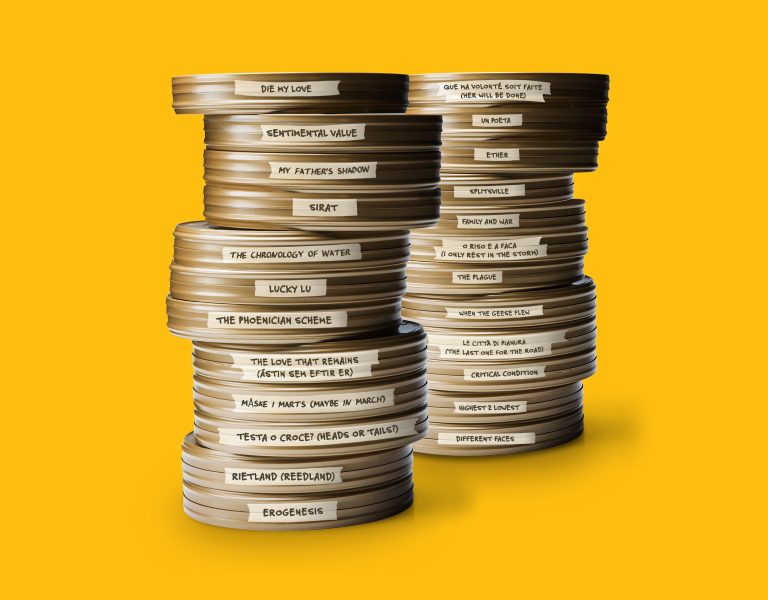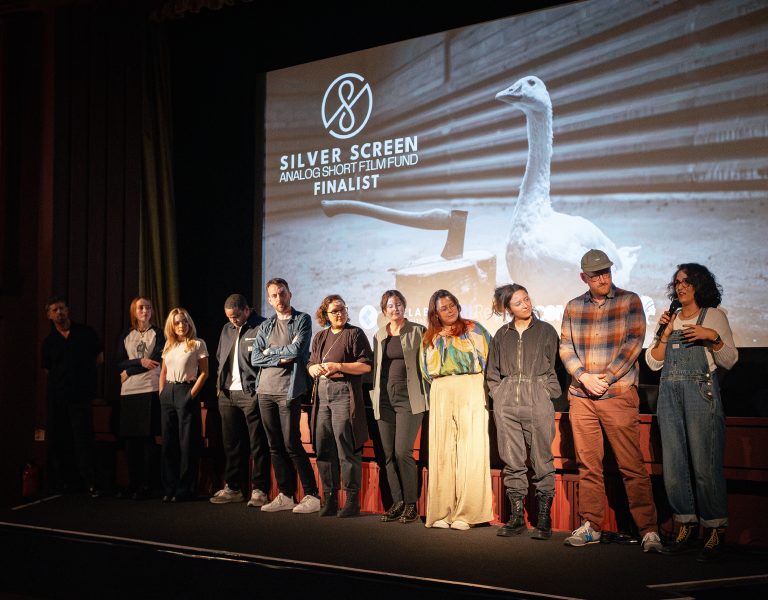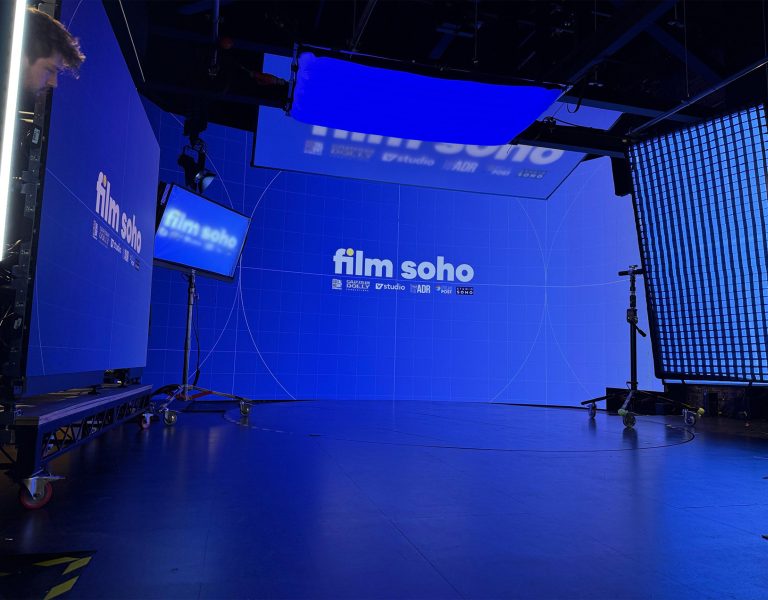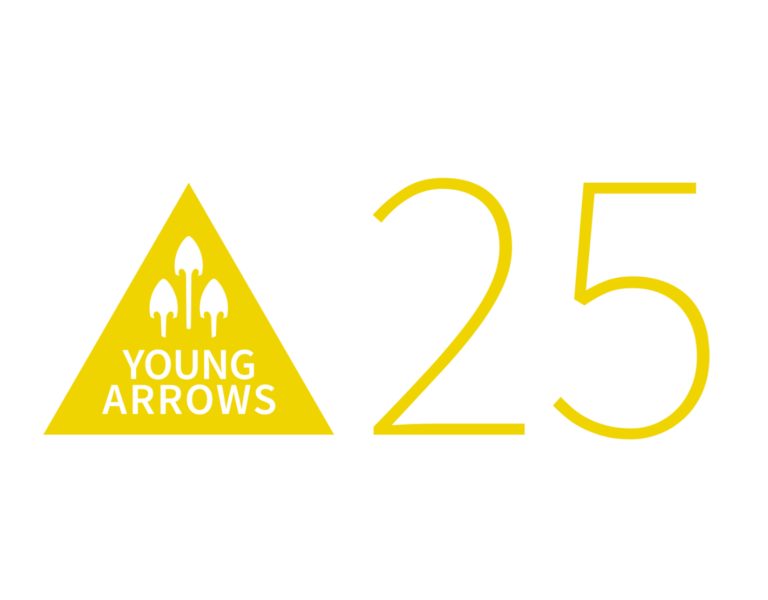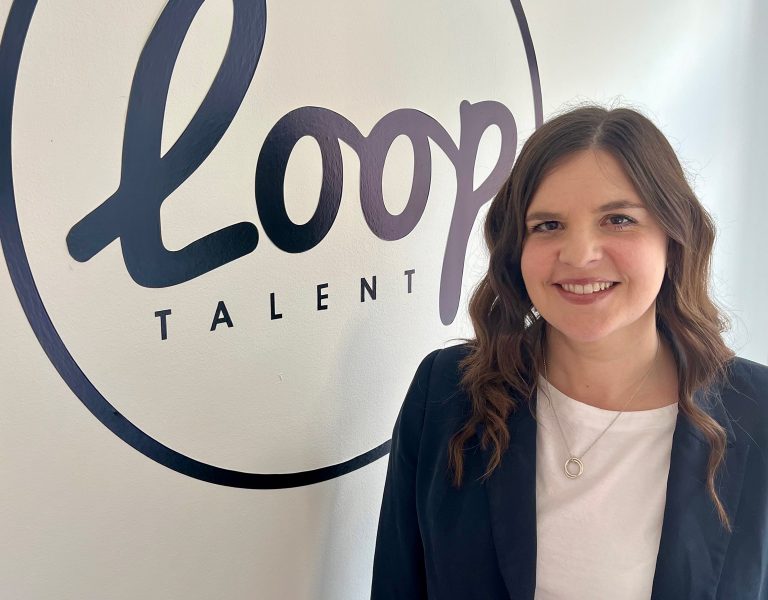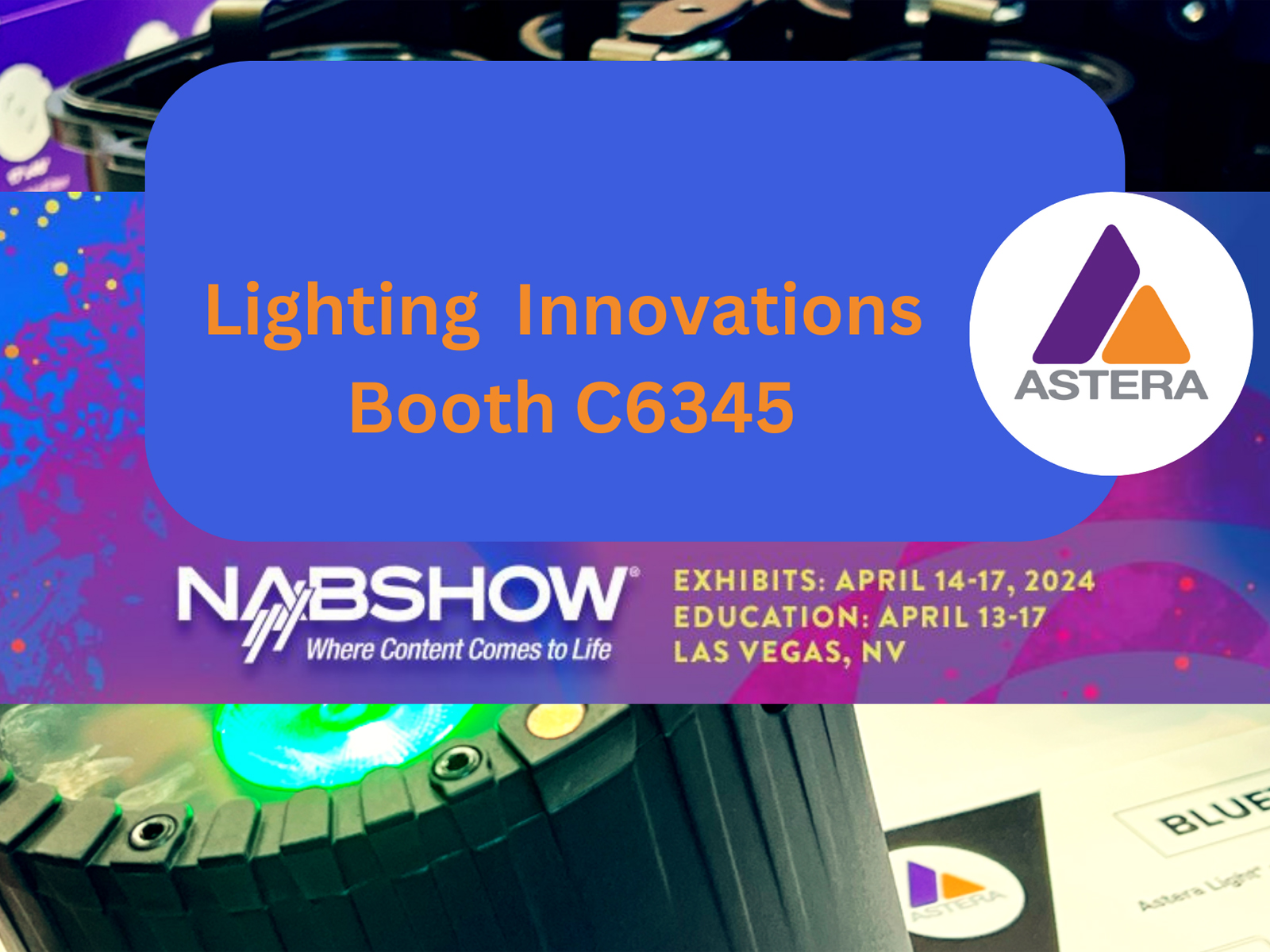
Astera will be using their attendance at NAB 2024 (Booth C.6345) to demonstrate how their comprehensive portfolio of lights operates together to form a complete ecosystem for lighting engineers; offering them greater creative scope and an efficient way to light a diverse range of production contexts.
Astera’s innovations focus on replicating the traditional lighting types that form the backbone of any gaffer’s lighting repertoire, but in a way that leverages the benefits of LED technology to deliver lighting with lower power draw, higher output strength, precise colour control, lightweight profile, wireless installation and full creative flexibility. In addition, Astera have incorporated a range of auxiliary add-ons into the range, such as the RunTimeExtender and a suite of mounting brackets, which allow lighting engineers to make use of their existing equipment – such as battery packs and racks – to further increase the versatility of their setup, whilst reducing overall costs.
Front-and-centre of their NAB display will be the LeoFresnel and PlutoFresnel, along with the latter’s ProjectionLens expansion. With both lights maintaining a Beam Angle between 15° and 60°, they respectively generate a 300W and 1000W Tungsten-equivalent output with only an 80W and 250W draw. This makes both lights ideal for operation in any context where traditional Fresnels would usually be deployed, but reduces the weight, heat and energy-draw associated with conventional Tungsten lights. Furthermore, the addition of a Profile Spotlight lens attachment for the PlutoFresnel makes the light even more versatile, delivering a powerful beam with a range of 16° to 36° and the ability to fit an E-size Gobo for custom logo projection. As with all of Astera’s lights, the focus is on creating lights that are quick to set up, easy to use and adjust, and robust and flexible in their application.
Also on display will be the HydraPanel – a portable, powerful 1300 lumen light that fits in the palm of your hand. Weighing just 600g and with a runtime of just under two hours, the HydraPanel is watertight, robust, and can be combined with additional Hydrapanels or a Multifit Snapbag, making it suitable for almost any application. The range is further complimented by the Titan Tube, the NYX bulb, and a range of lightweight and flexible uplights, including the PixelBrick and AX series.
Key to Astera’s holistic approach is the fact that their entire lighting portfolio is underpinned by their unique Titan LED engine, which powers the lights and ensures absolute colour fidelity and lighting consistency. By using the same engine across the range and incorporating Wireless DMX, CRMX and BluetoothBridge connectivity, Astera products can be seamlessly integrated together and controlled from a single point; either through the Astera app, or Astera’s range of physical remotes – including the FX and White remote. The result is a comprehensive lighting system which contains everything a lighting engineer could need, whilst also allowing them to make use of much of their existing inventory and customize their workflow according to individual preference and operational context.
Speaking of their upcoming NAB attendance, Sebastian Bückle – Sales and Marketing Director for Astera – said: “As a German company, our presence within the European market is already well established, so we particularly enjoy NAB and the opportunity it gives us to further cement our foothold in the American market. This year has been particularly successful for us in relation to the industry recognition we’ve achieved; a number of high-profile lighting engineers have spoken publicly about the respect they have for our range and our innovative, holistic approach to lighting solutions. We look forward to talking about these case studies with visitors to the stand, and exploring how we can help individual lighting engineers with their own specific needs and contexts”.
